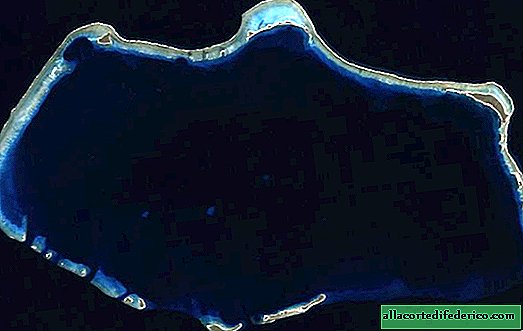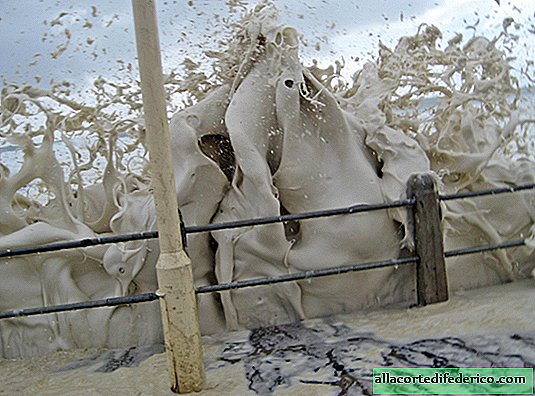Scientists from Singapore find a way to turn waste bottles into useful airgel
Engineers from many research teams around the world are working to create a highly efficient way to recycle the huge amount of plastic that our civilization produces. This problem is compounded by the low level of environmental responsibility of most of the world's population, as well as the incredible low cost of the source material for the production of plastic. It is much easier to make a new batch of PET materials from hydrocarbons than to collect waste and recycle it.

Unfortunately, despite all the efforts of environmentalists and activists, the amount of plastic waste generated is increasing annually, and the volume of recycled plastic is always inferior to them. Scientists from Singapore offer an original solution to this problem, which will allow you to get airgel from unnecessary plastic bottles.

Airgel is a specific type of gel in which the gaseous phase completely replaces the liquid. This material consists of more than 50% cavities, has a very low density, low thermal conductivity and is very hygroscopic. Due to this unusual combination of physical properties, aerogels have found application as filter layers, absorbents, heat insulating elements of various designs, they are used in the manufacture of supercapacitors and many other unique devices.

Specialists from National University of Singapore propose producing airgel from used PET bottles using inexpensive and common silica. After processing this material with polyethylene terephthalate fibers obtained from bottles, a new material is formed called PET-airgel. Moreover, the basic variety of this airgel can be supplemented with various chemicals and get a fundamentally new material properties. Scientists are confident that their innovative product will be useful in the manufacture of fireproof workwear, masks that protect against toxic gases, materials that can absorb oil stains after spills, and much more.

















